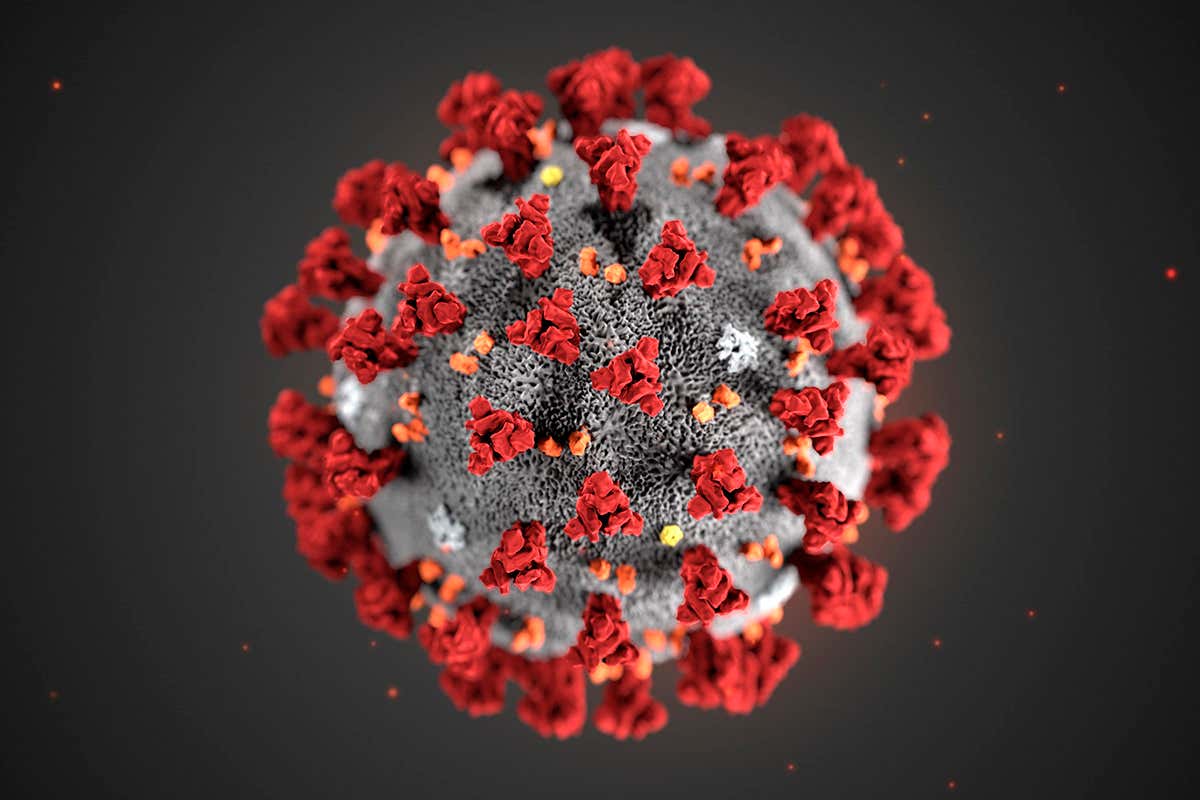Underlying illness? Get vaccinated against COVID-19
Experts have advised people with underlying illness to get vaccinated against COVID-19. According to the Nigeria Centre for Disease Control (NCDC) people with underlying health conditions are more likely to get severely ill from COVID-19. Experts decry poor funding, human resources for health research in Nigeria Deadly Ebola-like virus that lives in African monkeys can […]

Experts have advised people with underlying illness to get vaccinated against COVID-19.
According to the Nigeria Centre for Disease Control (NCDC) people with underlying health conditions are more likely to get severely ill from COVID-19.
Experts decry poor funding, human resources for health research in Nigeria
Deadly Ebola-like virus that lives in African monkeys can cause next pandemic— Study
“Protect yourself and your loved ones by getting the COVID-19 vaccine.
“Vaccines are one of the best tools we have to improve health and wellbeing around the world.
“Take responsibility, encourage your loved ones and those around you to get vaccinated.”
NCDC said the COVID-19 vaccines are free, safe and protect against severe symptoms of the disease.
Also, the National Primary Health Care Development Agency (NPHCDA) says it is safe to get a COVID-19 vaccine if one has an underlying medical condition.
“COVID-19 vaccination is especially important for people with underlying medical conditions such as heart disease, lung disease, diabetes, cancer, etc.
“People with these conditions are more likely to get very sick from COVID-19. Get vaccinated,” it said.
UNICEF says COVID-19 vaccination is recommended for people with co-morbidities or underlying health conditions since they are at a higher risk for severe COVID-19.
It said, “Population groups with chronic lung disease, significant cardiac disease, respiratory disease, severe obesity, diabetes, cancer, liver disease and human immunodeficiency virus (HIV) infection and AIDS were included in a few of the COVID-19 vaccines’ clinical trials.
The results demonstrated similar safety profiles and COVID-19 vaccines have been found to be safe and effective in people with pre-existing medical conditions that are associated with increased risk of severe disease”.
UNICEF says people with weakened immune systems or immuno-compromised should get vaccinated against COVID-19.
Weak immune systems mean that the immune system in one’s body functions sub-optimally either due to a medical condition or due to medication they take.
“Having a weak immune system puts them at higher risk of serious illness with COVID-19 and getting vaccinated offers some level of protection, which is better than no protection.
“The potential benefits of vaccination far outweigh the possible risks and people with weakened immune systems should proceed with COVID-19 vaccination.
“Consulting their doctors who treat patients’ immuno-compromising conditions is recommended to discuss and understand the risks and benefits of vaccination, including whether the vaccine might require special timing around the medications they take for their condition,” UNICEF said.
It added that contrary to misinformation circulating COVID-19 vaccines are safe for people with co-morbidities or immuno- comprised.
The organization said all vaccines have been rigorously tested, examined and found to be efficacious at preventing serious illness, hospitalization and death amongst a majority of people.
“Multiple studies show that people with co-morbidities, including cancer, chronic kidney disease, dementia, diabetes, obesity, heart disease, HIV, AIDS, liver disease and others – are at higher risk of severe illness or death from COVID-19.
“Even though the vaccine cannot decrease the risk of infection to zero, it offers significant protection against severe disease, hospitalization, and death.
“Though vaccines may not respond as strongly as someone with a fully functioning immune system, they can protect people with co-morbidities from becoming very unwell.
“Getting vaccinated is the safest way to build immunity without becoming ill with COVID-19 and passing it to others,” UNICEF said.
